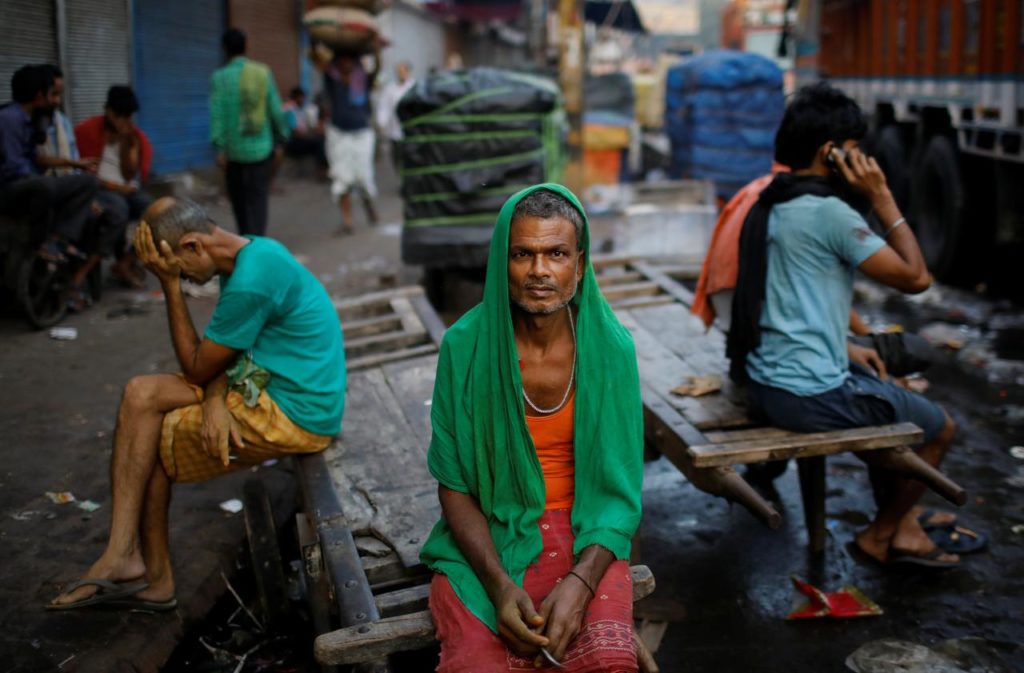Congress Slams Modi Govt’s Labour Policy For Manusmriti Reference
Oct 30, 2025 | Pratirodh Bureau
FILE PHOTO: Migrant labourers sit on a handcart as they wait for work at a wholesale market (Representative Image)
In a sharp critique on October 30, senior Congress leader Jairam Ramesh accused the Narendra Modi government of attempting to reshape India’s labour policy in the ideological mold of the Rashtriya Swayamsevak Sangh (RSS), following the release of the draft Shram Shakti Niti 2025. The policy, open for public consultation, controversially cites the Manusmriti—an ancient Hindu text criticized for its caste-based hierarchies and misogyny—as the moral foundation for labour governance.
“This return to the principles of the Manusmriti is in keeping with the RSS’ most cherished traditions,” Ramesh stated, recalling that the RSS had attacked India’s Constitution for not drawing from Manu’s ideals. He labeled the reference “deeply regressive” and “antithetical to the spirit of India’s Constitution,” which emphasizes equality, equity, and secularism.
The Shram Shakti Niti 2025 aims to reimagine India’s labour ecosystem by aligning workplace ethics with “ancient civilisational wisdom.” Critics argue this romanticizes caste-based structures, undermining constitutional progress. Ramesh warned, “By invoking Manu, the government is seeking to sanctify inequality under the garb of tradition,” adding that it “mocks the founding ideals of liberty, equality and fraternity that define the Indian Republic.”
Political observers note the policy’s timing—released ahead of the 2026 Union Budget and Bihar elections—suggests an effort to embed “civilisational labour ethics” into the government’s economic philosophy. Labour rights groups and social reformers express concern that such references erode worker dignity and equality.
The draft, which closed for feedback on October 27, has sparked debates beyond bureaucratic channels, questioning India’s constitutional soul. Ramesh’s remarks highlight a broader ideological shift, linking the policy to RSS efforts to infuse governance with cultural nationalism.
As elections approach, this controversy underscores tensions between tradition and modernity in Indian politics. Experts argue that policies rooted in regressive texts could reverse gains in labour rights, potentially alienating diverse voter bases. The Modi government has not responded directly, but the debate signals ongoing struggles over India’s identity.
In essence, Ramesh’s critique frames the policy as a threat to democratic values, urging vigilance against ideological drifts that prioritize heritage over equality.
